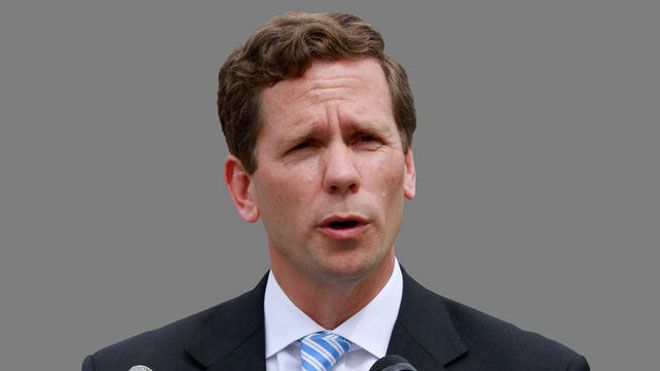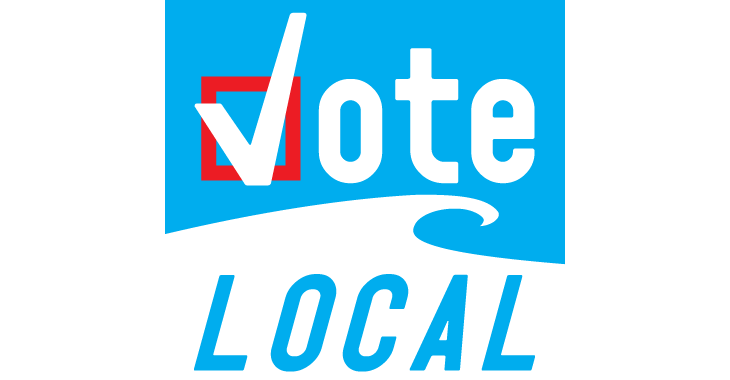By Dave DuBordieu
For more than five years, Tenth Dems Community Connection volunteers have been facilitating a monthly job interview workshop in conjunction with Waukegan Township’s anti-recidivism efforts. In 2014 the workshop was expanded to include a short unit on job retention. In the following essay, the workshop’s newest volunteer facilitator describes his typical day at the workshop.
After driving up Sheridan Road, winding through the verdant ravines and past the luxurious mansions of Lake Forest, through the picturesque little village of Lake Bluff, beyond the bucolic Crab Tree Farm, and along the woods and fields of the Shore Acres Country Club, the contrast to the rough-and-tumble industrial urban streets of North Chicago and Waukegan is striking. Entering into the nicely furnished conference room at the Waukegan Township Supervisor’s Office feels like a return to a comfortable and typical business setting for a white, middle-class guy. However, as the attendees for the workshop file in, one is instantly reminded of the challenges facing the people outside these walls. Instead of contemplating the nuances of subtle corporate politics in the interview process, we acknowledge the one question of most concern to so many in the room: How do I deal with the felony conviction in my background?
As we begin, the feeling of despair and futility in the room is palpable. Long stares, heads down, dejected and feeling forced to attend, our students sit and wonder what will come next. This is clearly our mission then: to address this mood, to build up these spirits, to unfold these wings, and to get these birds to fly boldly, facing into the wind.
With an odd mixture of school marm and stand-up comic, we proceed through a guided morale-building session. First the school marm: “Sit up straight during the interview! Look people in the eye! Don’t fidget! No gum chewing! No cellphones!” Then the comic: “Smile! I want to see your teeth!” Pointing, “I don’t see any teeth there!” Somebody starts giggling, and it becomes spontaneous. Then it’s on through the details.
We have 10 pages of material to cover, and only an hour to do it, because then we need to get into the Job Retention Workshop, and only have a half hour for that. But before we start anything, we need to get the elephant out of the room. “Who has a felony conviction? Raise your hand.” Three quarters of them do. Then we discuss the critical importance of developing a collection of excellent references—your pastor, a previous employer, a public official—anyone who will vouch that you are a changed person, and of building a resume that backs up that assertion.
Then it’s on to sales training. After all, as we point out, you are all now salespeople, and the product you are selling is yourself. Now here’s how to do it. Line by line we go through it: preparation ahead of time, studying the company, knowing exactly how to get there so you won’t be late, how to smile and make eye contact, getting a business card, repeating the interviewer’s name, knowing what you will say to every question that might be asked, asking knowledgeable and relevant questions, smiling and shaking hands on the way out, and appearing likeable the whole way in and out of the building, a joyful sprite everyone wants to work with. By this time, there is usually quite a bit of smiling and guffawing going on. People are starting to understand they are putting on a show when they go in for an interview, and that they want to become consummate actors in its presentation. And then the icing on the cake: a follow-up thank-you letter.
Then we talk the numbers game: it’s like fishing. You don’t expect to reel in a fish the first time you cast your line. You have to keep tossing it back out, over and over. Since you have one chance in a hundred of getting a job at a given interview, the answer is simple: Go out to a hundred interviews. Then you’ll get that one job. Got a felony conviction? Maybe the other candidates do, too. Do a better interview, and you’ll get the job. Twenty other people interviewed? How many of them were joyful sprites in the office and sent a thank-you note afterwards?
Then we talk about practicing. The handout we have given you is your bible. Study it. Learn it. Practice it – over and over, and over again, at home, with your best friend, spouse, or grandmother, whoever is available. Get all your lines down so they just flow out without you even thinking about it. When you come back from an interview grade yourself against it. What did you do well, and where do you need to improve? We remind them each interview is primarily an opportunity to get better at interviewing. The first one will be horrible. By the time you’ve done 99 you will be a past master at it, and on the 100th you will be so excellent at doing it you will be a shoo-in.
So that is our attempt to motivate. The students always seem much different on the way out: smiling, looking each other and us in the eye, shaking hands, chatting about their plans, and clutching their newly-found batch of directives, off to face those buffeting winds on the outside.





